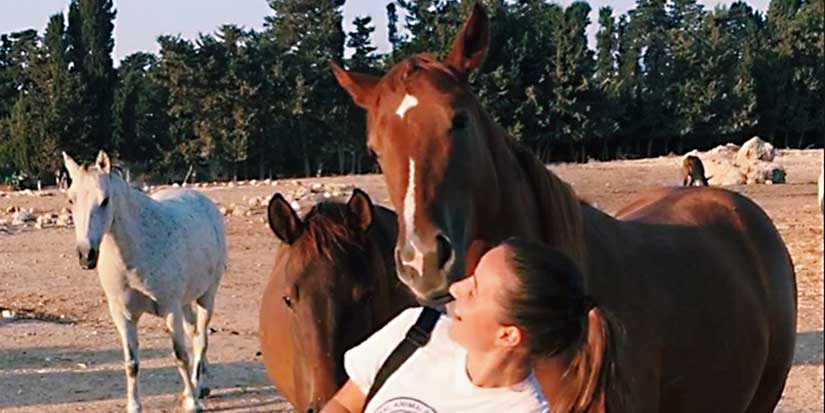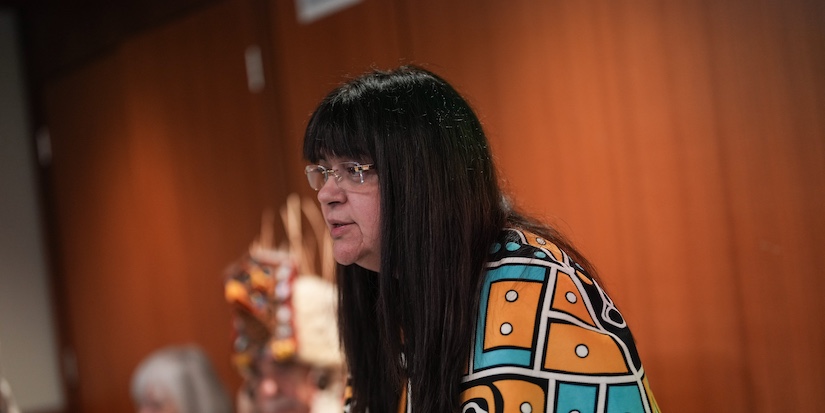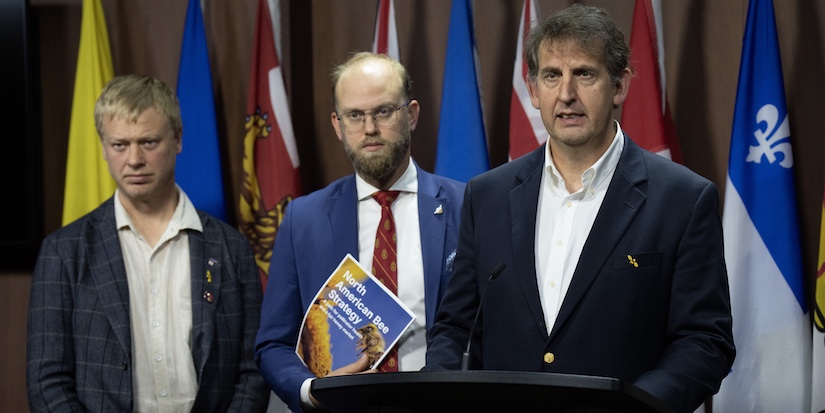Latest News
RAPS helps out overseas

By Pat Johnson
Published 11:07 PST, Fri November 15, 2019
—
A lot of Mediterranean countries have overpopulations of feral cats, as well as other animals. An innovative program in the island nation of Cyprus aims to spay and neuter animals to reduce the populations—and a local vet, with the support of the RAPS Animal Hospital—recently volunteered as part of the program.
Dr. Mirna Topic graduated from the University of Veterinary Medicine Budapest in February and has been working since March at the not-for-profit RAPS Animal Hospital, which is owned by the Regional Animal Protection Society. For a month beginning in mid-September, Dr. Topic spent time at the Paphiakos and CCP Animal Welfare organization.
The agency has much in common with RAPS. In addition to operating a veterinary hospital that treats the animals in their organization’s care and those of the general public, they also operate an animal shelter and a sanctuary for hundreds of cats—similar to the one RAPS runs in East Richmond.
The organization invites vets from around the world to come to Cyprus and volunteer their services. Cypriots are invited to drop off any feral or stray cats and, when the program has the vets on hand, they run spay/neuter clinics. When Dr. Topic was there, she would do 10 to 12 procedures a day. RAPS donated the equipment she took with her to perform the procedures.
After the procedure, the cats are rehomed at the organization’s shelter, which is a house with an enormous, multi-acre fenced outdoor space, where they adapt to life in a massive, 600-or-so cat colony.
The parallels are obvious. RAPS Cat Sanctuary is a forever home to about 500 cats. We also trap and neuter strays and treat them in our in-agency hospital, similar to the Cyprus organization. Unfortunately, many organizations worldwide do not have the resources RAPS has and the culture in many other places do not emphasize preventative medical care or vaccinations like we do in Canada. As a result, Dr. Topic saw some disheartening things.
At RAPS, she says, any feral or stray cat that comes in is tested for feline AIDS and feline leukemia. If they test positive, they are homed in special sections of the RAPS Cat Sanctuary for cats with those conditions. (They often live long and healthy lives, but in order to prevent transmission, they are kept separate.) The organization in Cyprus simply doesn’t have the resources to do this. Testing for the viruses is too expensive and their facility is not set up to keep infected animals separated. Similarly, she regularly saw animals with flea infestations, worms or other easily preventable conditions.
Still, the work the organization does is improving life for the animals of Cyprus and reducing overpopulation. It’s a long process.
RAPS began 25 years ago as Richmond Homeless Cats, trapping and spay/neutering ferals and strays. Today, Richmond has effectively no feral cats. But that’s because of a long-term investment of people and resources. Places like Cyprus are on the right path, but have a long way to go, as Richmond did those decades ago when we began our work.
“RAPS is proud of Dr. Topic and her efforts to help animals,” says the organization’s CEO Eyal Lichtmann. “We believe that where an animal lives shouldn’t determine whether an animal lives. So we were delighted to support Mirna in this generous initiative.”
Pat Johnson is communications manager for the Regional Animal Protection Society.






























